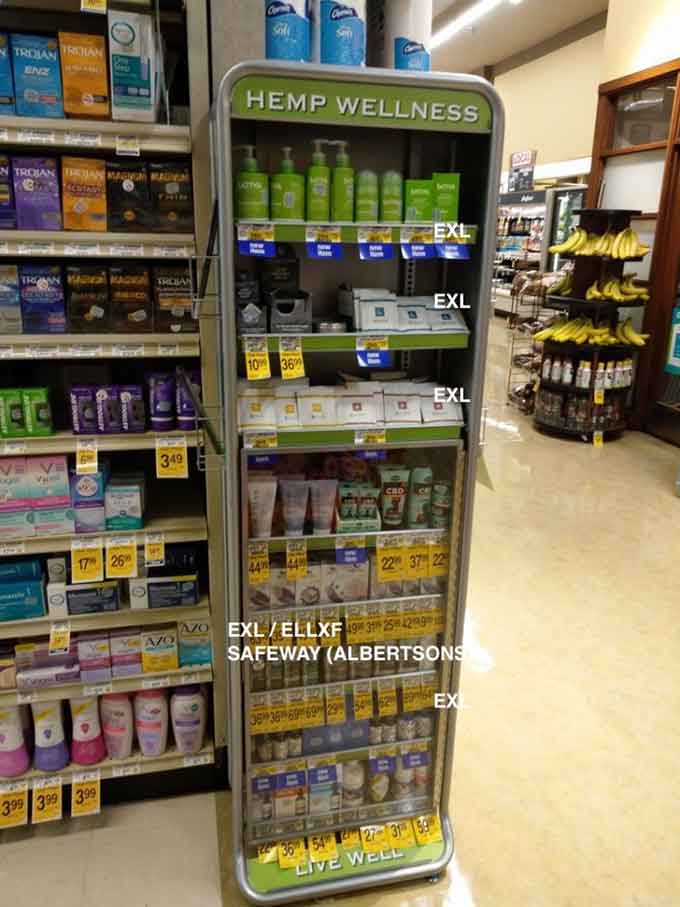A third of US CBD companies are ‘about to disappear’ – and that’s great news

Pic: Godji10 / iStock / Getty Images Plus via Getty Images
A third of US companies selling hemp cannabidiol (CBD) products are about to disappear, according to two Australian CEOs.
This is because one of the biggest new CBD sellers, a major pharmacy CVS, is requiring all products it buys to have their ingredients verified by third party lab Eurofins.
At the end of March another major pharmacy, Walgreens, also said it would start selling CBD products but didn’t say whether it would require them to carry ingredient verifications.
The problem is the federal legalisation of hemp-derived CBD in the US in December unleashed a torrent of products onto the market, many of which do not contain the levels of active ingredients claimed on the label.
- Subscribe to our daily newsletter
- Join our small cap Facebook group
- Follow us on Facebook or Twitter
“I am sold on the fact that most of the product you can get in the US is not legal,” Medlab Clinical (ASX:MDC) boss Sean Hall said on Friday.
He believes that once ingredient verification becomes standard, 30 per cent of the CBD market in the US will disappear.
Independent testing is increasingly uncovering contaminants and false claims about the levels of CBD and THC in products.
The FDA has said medical and health claims are against the rules unless they’ve been proven, and CBD isn’t allowed to be used as a food additive. But it appears to be struggling to catch up with the labelling issue.
ASX beneficiaries
This is big news for companies like Elixinol Global (ASX:EXL) and EcoFibre (ASX:EOF) which have established operations in the US hemp and CBD industry.
Elixinol CEO Paul Benhaim has been waiting for more stringent regulations to ensure people get what they expect when buying CBD products.
“We’ve been waiting for these things to happen for a while,” he told Stockhead.
“The divide is growing with those that are actually doing this properly and those that are not.”
US supermarket chain Safeway is carrying Elixinol products in its 900 stores — a fact that hasn’t yet been announced by Elixinol but was noted and photographed by a sharp-eyed friend of an ASX investor.

Benhaim would not confirm the name of the company but said their distributors require ingredient verification.
He said verification wouldn’t wipe out 30 per cent of the CBD market in the US, but certainly a third of the companies selling it.
Last week Elixinol also received a New York state licence to sell its CBD products, including drinks which is a category that has effectively been banned by the state health department so far.
Benhaim expects state-based licensing to start becoming a factor in the US CBD market, as New York politicians launched another attempt last week to pass a bill regulating the industry.
UNLOCK INSIGHTS
Discover the untold stories of emerging ASX stocks.
Daily news and expert analysis, it's free to subscribe.
By proceeding, you confirm you understand that we handle personal information in accordance with our Privacy Policy.








